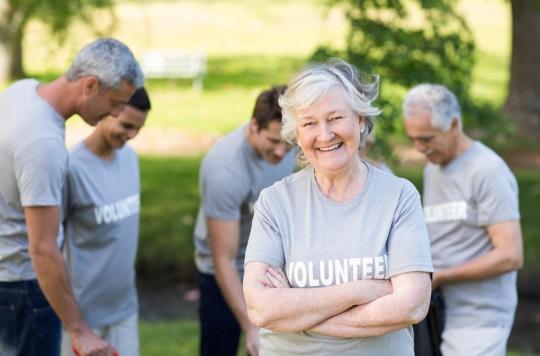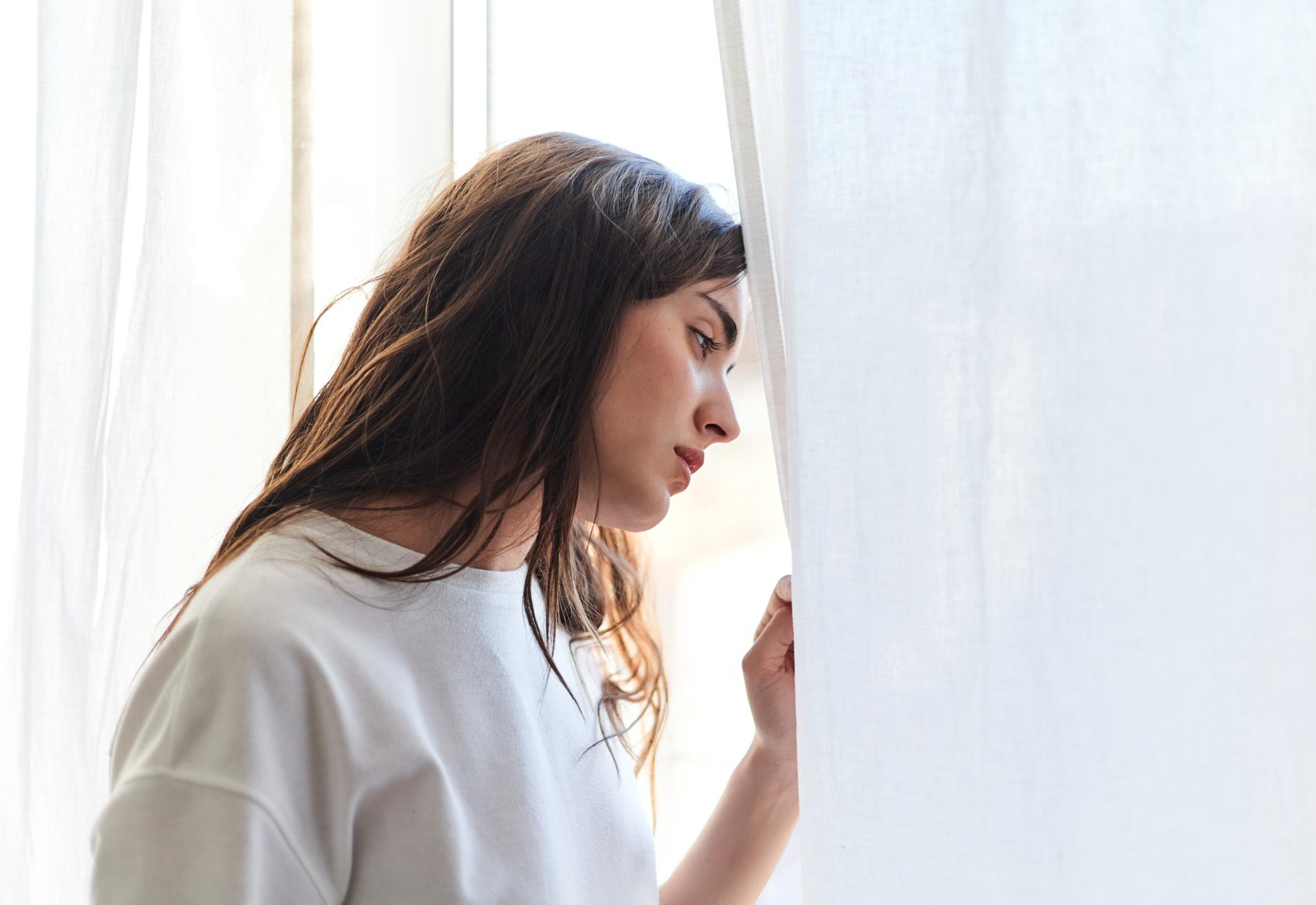When engaging in social activities, older women are more likely to experience emotional abuse or mistreatment.

- Among older women engaged in volunteer activities, 40% reported at least one form of abuse, compared to 22% of men.
- Two hypotheses are plausible: they can be victims by meeting outside their restricted social circle.
- It is also possible that abused women are more likely to turn to social engagement activities.
To break loneliness, feel useful and valued, and protect against the physical and mental signs of aging, older people are often recommended to participate in social activities. But this commitment, as beneficial as it is, is not without danger, especially for women.
This is demonstrated by a new study published in the Journal of the American Geriatrics Society. According to its authors, researchers from the University of California, San Francisco, older women who were widely engaged in social activities before the Covid-19 pandemic were 76% more likely to experience emotional abuse or mistreatment compared to to less committed women.
For the researchers, these results were a surprise. “We expected that older adults who regularly participate in social activities within the community would report lower rates of abuse or mistreatment than older adults who are more socially withdrawn.says Alison J. Huang, an internal medicine specialist and clinical epidemiologist at UCSF. But we found that it was the opposite for older women.”.
40% of older women involved victims
The work involved 2,241 adults: 1,268 women with an average age of 75 and 973 men with an average age of 76. All were engaged in community volunteer activities, attending church services or organized meetings. They were also asked about their informal social ties, with family and friends. Among these subjects, almost half of the women and about a quarter of the men were married or living in a couple. Three-quarters were healthy.
In total, 40% of older women and 22% of older men reported at least one form of abuse. This is particularly the case for those engaged in organized social activities within the community. In contrast, older women who reported more “informal” socializing with friends or family had lower rates of abuse or mistreatment.
“One explanation is that older women who participate in more community social activities have more opportunities and points of contact for being abused, says Ashwin A. Kotwal, a UCSF geriatrics researcher. These women may be victims of abuse from people they meet outside the home.”
There is, however, another equally plausible hypothesis. “Older women who are already abused are trying to get more involved in the community to find support to deal with the abuse.”
Better take this data into account for abuse
For the authors of the study, these results should encourage clinicians and geriatric researchers to take this risk into consideration, and to be more attentive to the unintended consequences of this social commitment.
“Different types of social activities can result in both positive and negative social interactions for older adults, emphasizes Emmy Yang, co-author, who points out the responsibility of health professionals. Asking about older people’s social activities could be a window to identify sources of abuse and support.”
.















